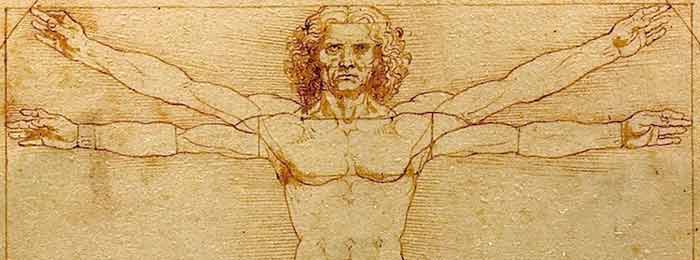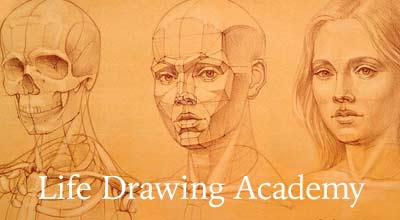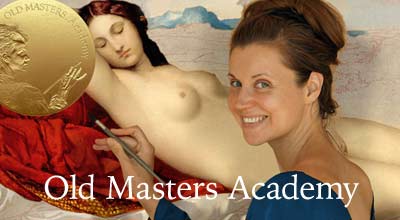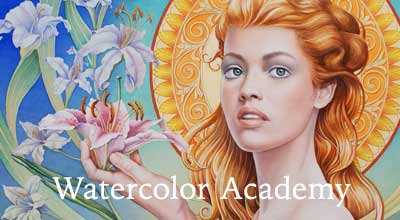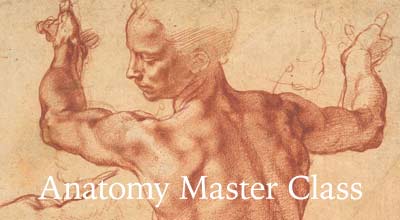Article by Miki
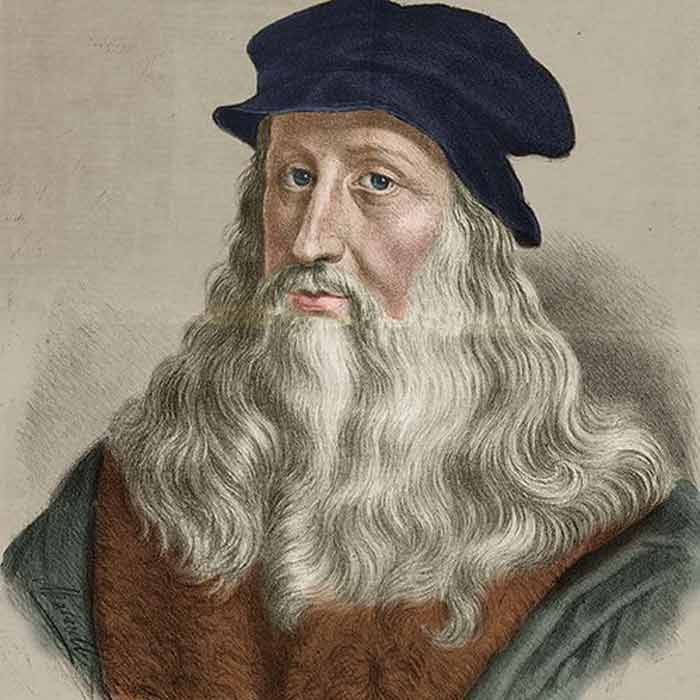
The year is 1482, and Da Vinci moves to Milan to work at Sforza’s court. He had previously sent a letter to Ludovico Sforza explaining how he would be helpful. Surprisingly, he had barely mentioned that he was a painter and sculptor but had concentrated on explaining how he intended to help him as a military engineer. Yet nowadays, most people know Leonardo as a painter and sculptor, but few know about his work outside of these areas. However, what most people know is not all, because his inquisitive nature carried him beyond the realms of the artist.
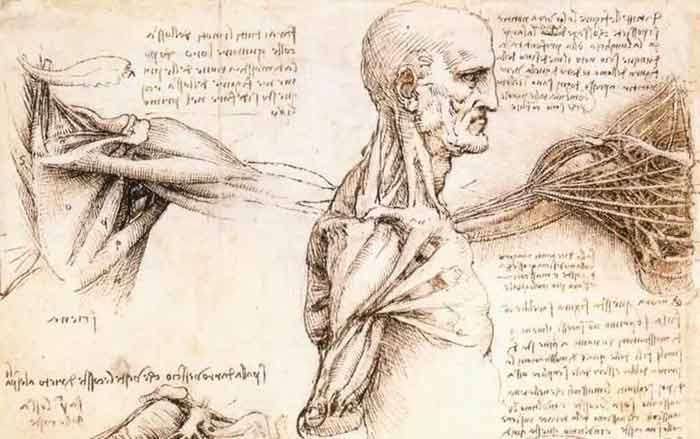
When Leonardo died in 1519, he left a lot of notes dealing with subjects such as anatomy, mechanics and mathematics. He had intended to publish his works but never did. Only a small percentage was published, and the rest remained loose yet valuable notes. Today, we know that what Leonardo studied and invented was ahead of his time. But why did he want to take on such a struggle, and why should every artist do the same?
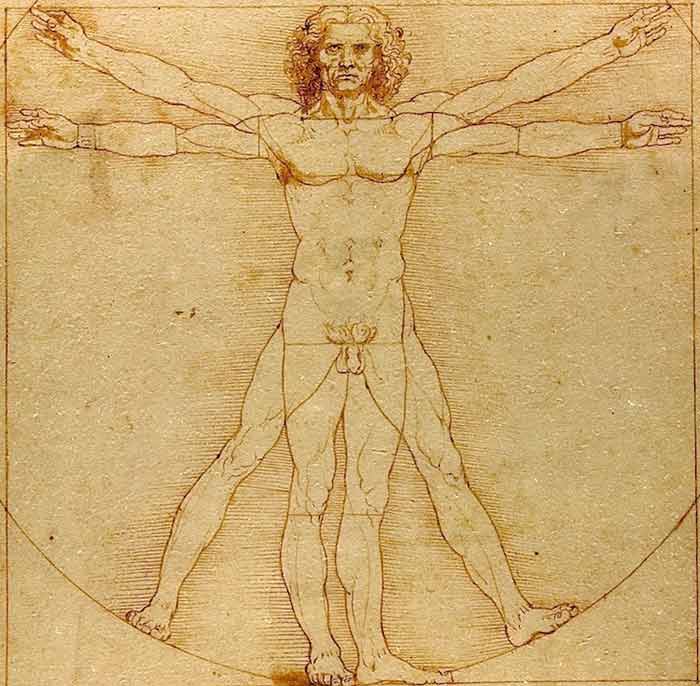
First and foremost, he did not need to study anything outside the artistic realm to be like every other artist. But what he did not know then, that we now know, is that what we learn shapes our brain through new associations. Every artist needs these new associations to produce new great works. Imagine understanding how light and shadow work, not only from studying old masters but through studying the science behind it and closely observing it. How useful would it be if you could quickly interpret the situation and the effect of light on the subjects?
Secondly, he did not think of himself as only a painter or sculptor but as an intellectual who strives to understand as much about the universe as possible. At that time and for some time forward, that was the norm. Could that be one of the reasons why art flourished in the Renaissance and the years following – because people studied nature, the perfect harmony of beauty and truth?
Lastly, Leonardo found joy in his studies, or he would not devote himself to strenuous studies. People nowadays can not feel joy in learning and still want to understand. They can not be patient because they are, not wrongly, eager to present what they have in mind. However, great artists, first and foremost, meditate on how they should best represent the beautiful truth of their thoughts. That is why Leonardo worked on the Mona Lisa for so long – he never felt that it achieved his ideals.
Hopefully, through this article, you might now feel a rush to explore the world around you through closely observing and studying it. You are an artist, and you have the best tool available – a graceful gaze which sees clearly. Leonardo believed that sight was the highest sense, and every other artist should explore this sense, which they are so disposed to use. How? Through careful observation and study of truth and beauty, nature itself.

